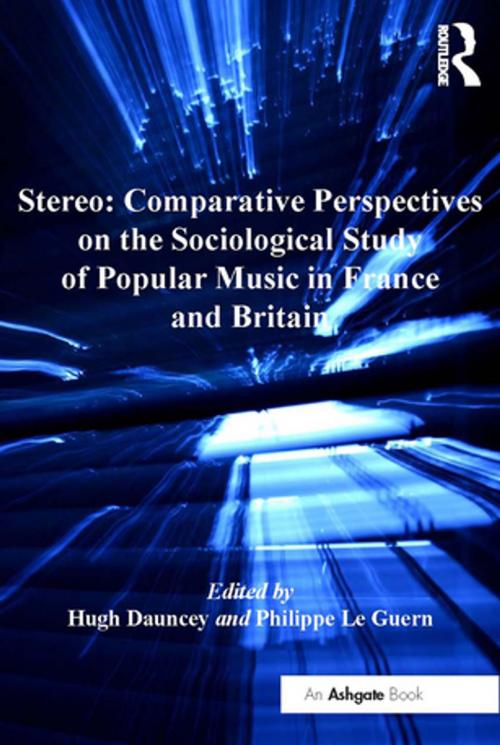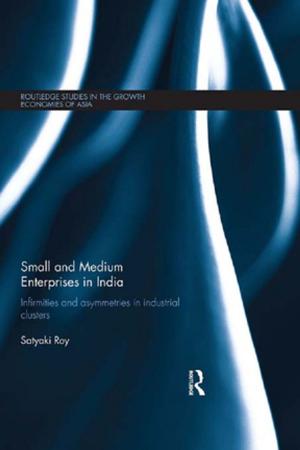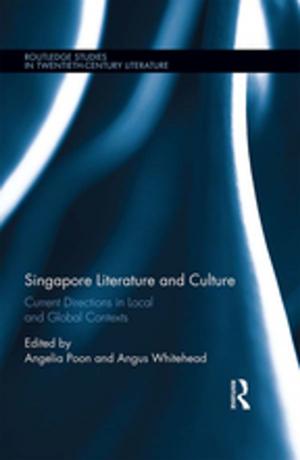Stereo: Comparative Perspectives on the Sociological Study of Popular Music in France and Britain
Nonfiction, Entertainment, Music, Theory & Criticism, Ethnomusicology| Author: | Philippe Le Guern | ISBN: | 9781317050018 |
| Publisher: | Taylor and Francis | Publication: | April 1, 2016 |
| Imprint: | Routledge | Language: | English |
| Author: | Philippe Le Guern |
| ISBN: | 9781317050018 |
| Publisher: | Taylor and Francis |
| Publication: | April 1, 2016 |
| Imprint: | Routledge |
| Language: | English |
The term 'Popular Music' has traditionally denoted different things in France and Britain. In France, the very concept of 'popular' music has been fiercely debated and contested, whereas in Britain and more largely throughout what the French describe as the 'Anglo-saxon' world 'popular music' has been more readily accepted as a description of what people do as leisure or consume as part of the music industry, and as something that academics are legitimately entitled to study. French researchers have for some decades been keenly interested in reading British and American studies of popular culture and popular music and have often imported key concepts and methodologies into their own work on French music, but apart from the widespread use of elements of 'French theory' in British and American research, the 'Anglo-saxon' world has remained largely ignorant of particular traditions of the study of popular music in France and specific theoretical debates or organizational principles of the making and consuming of French musics. French, British and American research into popular music has thus coexisted - with considerable cross-fertilization - for many years, but the barriers of language and different academic traditions have made it hard for French and anglophone researchers to fully appreciate the ways in which popular music has developed in their respective countries and the perspectives on its study adopted by their colleagues. This volume provides a comparative and contrastive perspective on popular music and its study in France and the UK.
The term 'Popular Music' has traditionally denoted different things in France and Britain. In France, the very concept of 'popular' music has been fiercely debated and contested, whereas in Britain and more largely throughout what the French describe as the 'Anglo-saxon' world 'popular music' has been more readily accepted as a description of what people do as leisure or consume as part of the music industry, and as something that academics are legitimately entitled to study. French researchers have for some decades been keenly interested in reading British and American studies of popular culture and popular music and have often imported key concepts and methodologies into their own work on French music, but apart from the widespread use of elements of 'French theory' in British and American research, the 'Anglo-saxon' world has remained largely ignorant of particular traditions of the study of popular music in France and specific theoretical debates or organizational principles of the making and consuming of French musics. French, British and American research into popular music has thus coexisted - with considerable cross-fertilization - for many years, but the barriers of language and different academic traditions have made it hard for French and anglophone researchers to fully appreciate the ways in which popular music has developed in their respective countries and the perspectives on its study adopted by their colleagues. This volume provides a comparative and contrastive perspective on popular music and its study in France and the UK.















